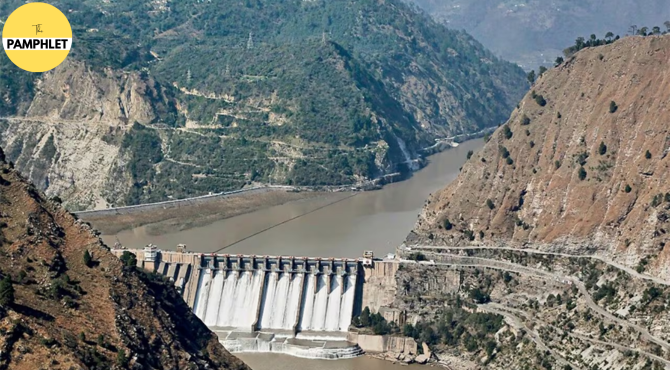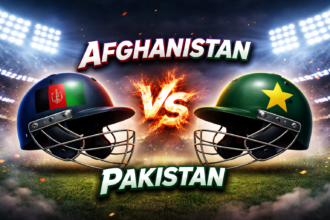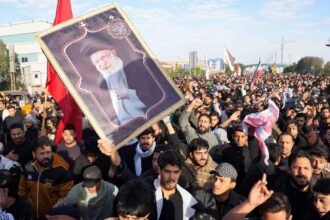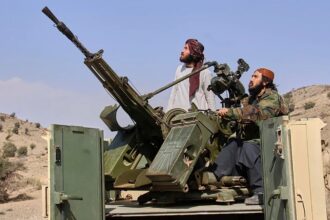Government sources on Wednesday, November 12, confirmed that India will not participate in the Neutral Expert proceedings scheduled in Vienna from November 17 to 21, stating that the Indus Waters Treaty (IWT) of 1960 remains in abeyance following Pakistan’s continued support for cross-border terrorism.
The World Bank–appointed Neutral Expert had convened the hearings to examine technical differences between India and Pakistan over the Kishenganga and Ratle hydroelectric projects. India has, in the past, maintained that the Neutral Expert is the only competent authority under the Treaty for such matters, and has rejected the simultaneously initiated Court of Arbitration, calling it “illegally constituted” and “in brazen violation of the IWT.”
However, officials clarified that India’s position has fundamentally changed since April 2025, when New Delhi placed the Treaty in abeyance following the Pahalgam terror attack. At that time, India declared that “in exercise of its sovereign rights under international law,” it would suspend implementation of the IWT until Pakistan credibly and irreversibly ends support for terrorism. The government had also stated that India would “no longer be bound by any obligations under the Treaty” while the suspension remains in force.
With the Treaty currently inactive, India said there is no obligation to attend the Vienna proceedings. “Since the IWT remains in abeyance, participation in any mechanism flowing from it does not arise,” an official noted.
Despite India’s stand, Pakistan on Wednesday announced it would take part in the Neutral Expert hearings, projecting the development domestically as evidence that “international forums are listening to Islamabad.” India, however, has dismissed such interpretations in the past, calling Pakistan’s repeated resort to external arbitration a “desperate attempt to deflect attention from its role as the global epicenter of terrorism.”
The two countries have long differed over the design and operation of the Kishenganga and Ratle projects in Jammu & Kashmir. Earlier this year, India had welcomed the Neutral Expert’s decision to “uphold his own competence” on the issue, while reiterating that any proceedings or awards issued by the Court of Arbitration were “illegal and void.”
The IWT, signed in 1960 by Prime Minister Jawaharlal Nehru and Pakistan’s President Ayub Khan, allocates the eastern rivers—Ravi, Beas, Sutlej—to India and reserves the western rivers—Indus, Jhelum, Chenab—for Pakistan, with limited usage permitted to India. Tensions over water sharing have intensified in recent years, with Pakistan frequently alleging reduced flows and seeking international intervention.
India has made it clear that no mechanism under the Treaty can continue until Pakistan addresses terrorism concerns—making New Delhi’s absence from the Vienna proceedings consistent with its stated policy.







